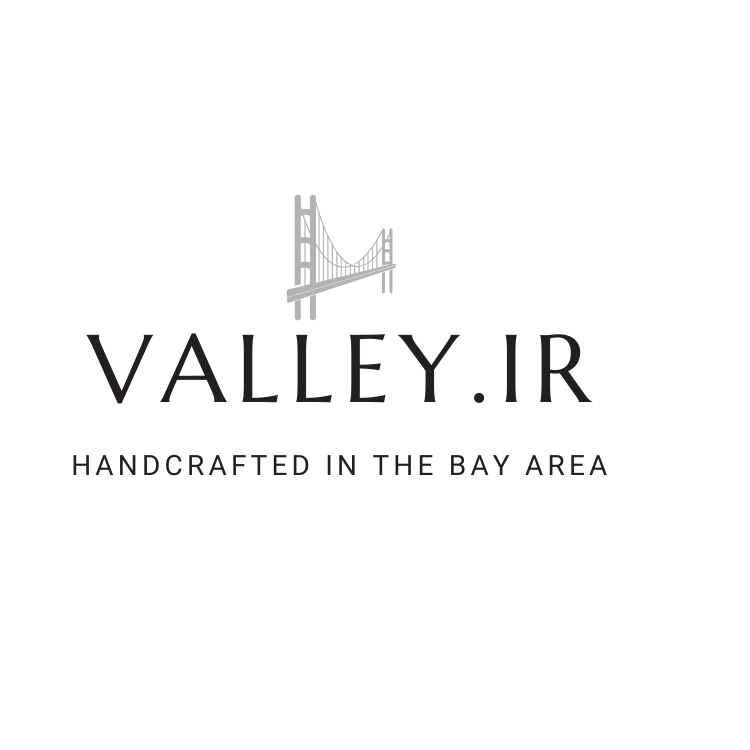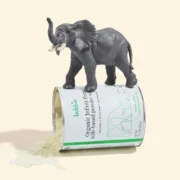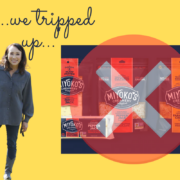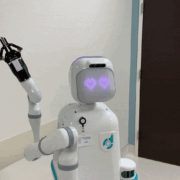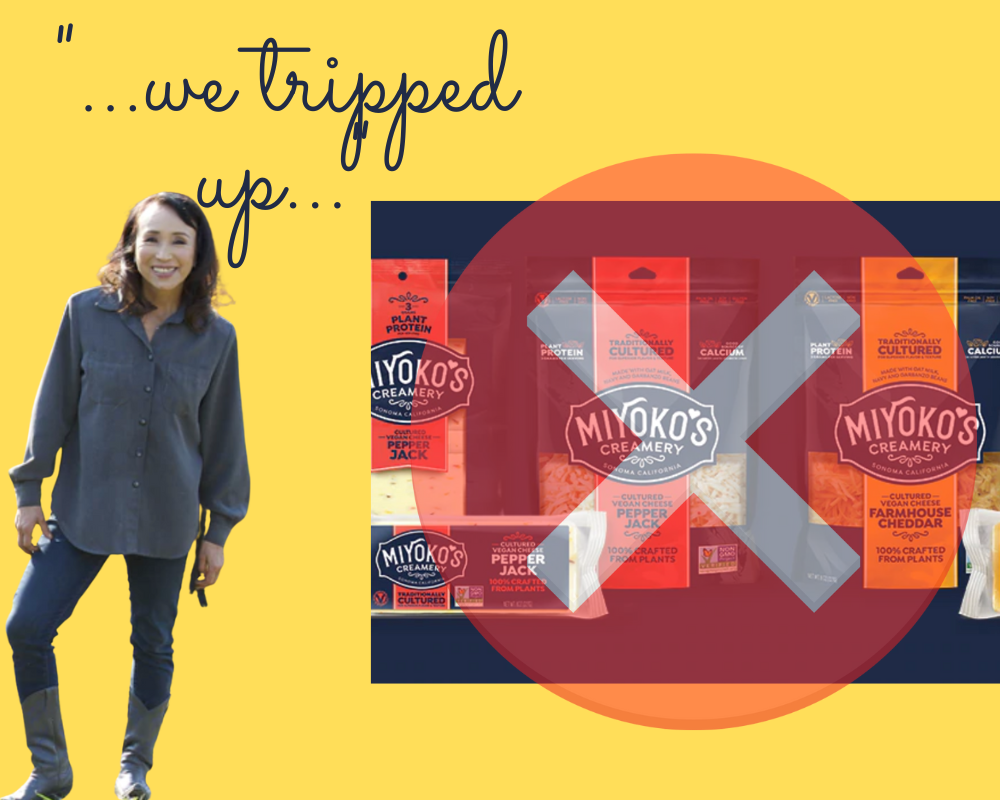The founder of the eponymous plant-based brand, Miyoko’s, Miyoko Schinner is not one to mince words. She is outspoken on social media and in her interviews on a variety of subjects, from veganism to animal sentience and more.
“Cows, sheep, pigs, and even chickens and geese are deeply emotional beings with the capacity to love each other and even us — the humans who typically commodify them.” she says in an interview.
She is not just another founder or CEO either, among plant-based consumers, Miyoko’s is a cult brand. And Miyoko Schinner’s book on cheese-making, Artisan Vegan Cheese, has been hugely popular among plant-based home chefs.
So when Schinner said, “we dumbed down,” followers paid attention.
You would associate ‘dumbing down’ with the arts, like literature or music, not with food ingredients or business needs. But as Schinner writes in Linkedin earlier this year, ‘To join the game, we dumbed down our ingredients and made cheddar and pepper jack using a familiar formula of oil and starch, but spiked with a bit of fermented oat milk and some legumes for protein.’
But oil and starch have little or no food value, Schinner felt. She wasn’t proud of it, she says. And that was a mistake, which she admits is how many companies fumble: ‘We might enter the wrong channel, hire the wrong people, or even create the wrong products. I swore at one time that we would never make slices and shreds, but then we did.’
Shreds and slices that “melt and stretch” are a popular sub-category in the fast-growing US and global vegan cheese market. – her company took down the full range of plant-based cheese shreds and slices and decided to re-establish the company’s brand values. And she reaffirmed, “I promise that we will honor the art and craft of cheese-making, discovering the most nutrient-dense plant milks and transforming them into cheese through natural fermentation, coagulation, and aging, to express their unique identity and flavor.”
Schinner’s commitment to the environment, animals and sustainability goes back several decades — she has been a vegan for over 30 years — and so does her adventure in entrepreneurship.
In 1994, Miyoko launched Now & Zen Bistro, a successful vegan outlet in San Francisco, offering plant-based turkey meat, cheese and butter, which was an offshoot of her earlier cookbook The Now & Zen Epicure, which was an offshoot of the vegan cooking classes she took in the 90s.
Plant-based meat alternatives with similar mouthfeel, taste and flavors are a well-established segment in the food market, and will continue to be so in the future. Vegan ‘start-ups’ (with roots in years of University-incubated research) like Beyond and Oatly are now listed, even though their share prices have taken a hit — “We saw the multiples and the valuations get very enthusiastic,” one investor says. Often perceived as the next step in plant-based protein, lab-grown meat has been described as an arms race, a few times: here, here and here.
Before all of this, there were Schinner’s ‘alt-meat’ ventures. UnTurkey — Seitan shaped like Turkey and covered with Tofu skin — was one of the most popular items in the Art & Zen bistro (before she closed it). And the following excerpt from an old press release traces part of Schinner’s storied past in the category
“Miyoko closed the restaurant last year in order to concentrate on growing the wholesale end of the business, which she started in 1989 with a line of elegant non-fat, non-dairy cakes and tortes, made primarily from tofu. In addition to UnTurkey and the cakes and tortes, the expanding Now & Zen food line includes recently introduced UnChicken, BBQ UnRibs, UnSteak-Out and Hip Whip, a dessert topping.
Initial sales of UnTurkey were very modest and limited largely to the San Francisco Bay Area. Then, in 1997, UnTurkeys were presented at the Natural Products Expo East in Baltimore, MD where they were one of the big hits of the show. Before the four-day trade show ended, Miyoko had written orders for more than 5,000 UnTurkeys! In 1998 the number rose to just under 20,000 and in this, the first year UnTurkeys are in national distribution, sales are expected to exceed 30,000.”
Schinner’s foray in the alt-meat world didn’t last long, and undoubtedly was way ahead of its time. The history of business has enough examples of entrepreneurs who failed because their ideas were a little too early. By 2030, the plant-based meat market is projected to hit USD 24.8 billion, but back in 1991, Schinner already had a range of UnMeats. Evidently, they didn’t revolutionize the market, the way Miyoko’s Cheeses have done in the last decade.
“Initially, I was my own biggest obstacle. My prior business failures left me overly concerned about protecting myself from another letdown. I was afraid to dream or think big — I did not believe that I could take this company beyond a small, regional player. I did not believe I had what it took. I had to overcome my fear and dip my toes deeper into the water. Over time, I learned that my intuition and ideas were usually solid,” she says in this interview.
On the origins of Miyoko’s, Schinner says.
“I wrote a book called Artisan Vegan Cheese in 2012 that became a bestseller. My goal was to empower folks to make their own vegan cheese. But, a funny thing happened – readers kept telling me they’d rather buy it. With encouragement from friends, fans, and old colleagues from the natural food industry, I launched my company in 2014,” she says in an interview.
With some help.
Miyoko’s started with $825,000 of Private Equity from Cult Capital’s JMK Consumer Growth Partners. As per the crunchbase data, the company has recently raised $50 million in its series C in 2021. Previously, it raised $6 million in 2017 in series B and $825000 as its seed money in 2014.
Plant-based companies have been subject to contentious lawsuits over labeling and their rights to use terminology traditionally reserved for animal derived products, and Miyoko’s Creamery hasn’t been exempt. If anything, thanks to the influential nature of its founder, the company has been all the more vulnerable.
In 2020, Miyoko Creamery filed a lawsuit against CDFA because the agency ordered the company by a letter in 2019, to remove references to dairy, butter, lactose-free and cruelty-free from its vegan butter label.
Schimmer tells Forbes, We’re just going to proceed as we always have in the way we believe we can best market not just our products, but our mission. We’re not just about spreading butter, and we think it’s important to talk about these values, so we’re going to keep them talking about them.”
“By the time I started Miyoko’s, I was already in my mid-50s, an age when many people begin to “wind down.” However, my sense of urgency to change the food system grew stronger and stronger over the years.”, Schinner shares.
The vegan cheese market is poised to grow by $1.27 billion from 2019 to 2024; 40% of the growth is likely to originate from North America.
Having long espoused healthy eating, Schinner is having to walk the tightrope between profits and remaining true to her values and image.
